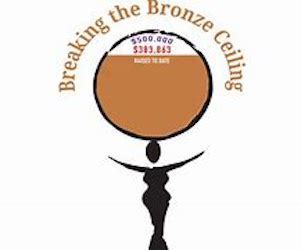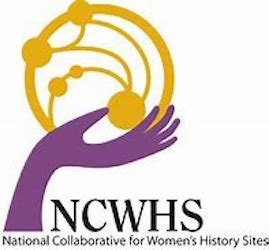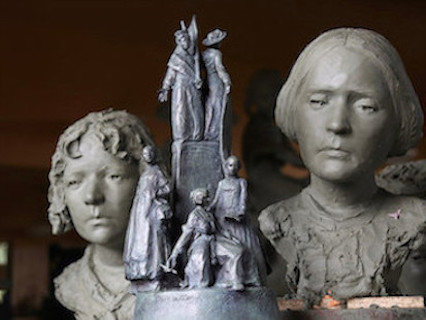
Every Word We Utter
- Non-profit founded in 2019 to create a national suffrage monument
- Lobbying led to two Congressional bills, H.R. 473 and S. 1075
- Commissioned Jane Dedecker to create sculpture
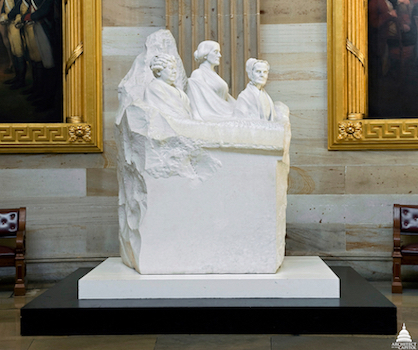

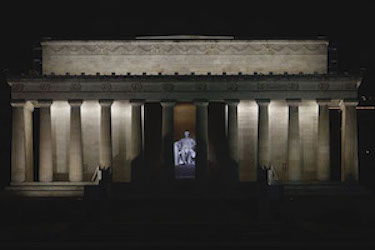

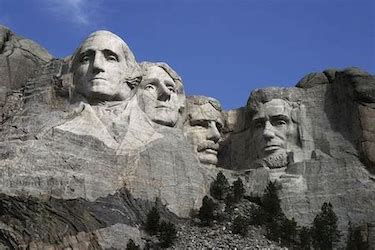
How Americans remember their past is often reinforced by public monuments, which help both to create and to reinforce our collective memory. As James Grossman, the executive director of the American Historical Association, has noted “That which is memorialized and that which is left to power is not accidental. Choices are made about what gets built, displayed and given plaques. Memorials are public commemorations that legitimate what comes to be called heritage." Take a walk around any public space in the cities and towns of the United States and you will observe lots of massive monuments and statues honoring mostly white men. According to the Smithsonian, of the 5,575 outdoor sculpture portraits of historical figures in the United States, only 559, or 10%, portray women. Of that 559, fewer than 40 depict women of color. This lack of visible representation both discounts the significant role women have played in American history and distorts the historical record. More... "
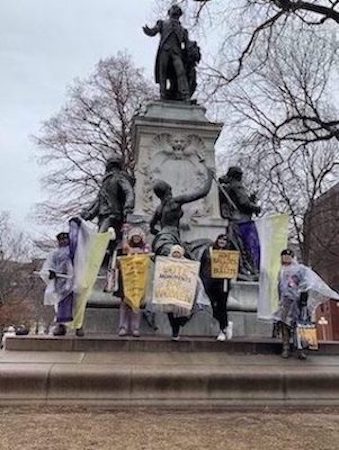 Currently, there are fewer than twenty suffrage monuments in the United States and there is no national monument dedicated to the long struggle for women's voting rights. As the centennial of women’s suffrage approached in 2020, women’s groups and artists around the country sought to mark this milestone by commissioning new monuments which honored both the movement and individual suffragists. Few, however, predicted the challenges of creating “representative” monuments of a movement that spanned over 70 years and was divided along racial lines. To learn more about historic and recent efforts to memorialize the American women's suffrage movement, watch this video.
Currently, there are fewer than twenty suffrage monuments in the United States and there is no national monument dedicated to the long struggle for women's voting rights. As the centennial of women’s suffrage approached in 2020, women’s groups and artists around the country sought to mark this milestone by commissioning new monuments which honored both the movement and individual suffragists. Few, however, predicted the challenges of creating “representative” monuments of a movement that spanned over 70 years and was divided along racial lines. To learn more about historic and recent efforts to memorialize the American women's suffrage movement, watch this video.
In October of 2020, the Andrew Mellon Foundation announced The Monuments Project, a five year, $250 million initiative designed to reimagine and rebuild monuments in the United States. In the wake of the controversy over Confederate monuments as well as the #MeToo and the Black Lives Matter movements, the goal is to democratize the historical record and fully represent the historical contributions of diverse groups. Learn more about organizations which are working to address both the gender gap in public sculpture and the lack of visible representation of suffragists below.

